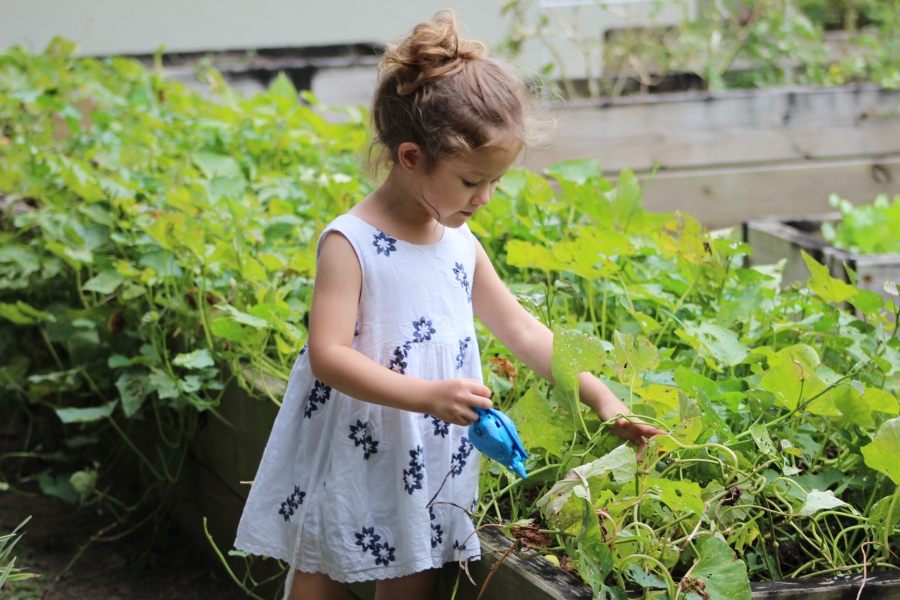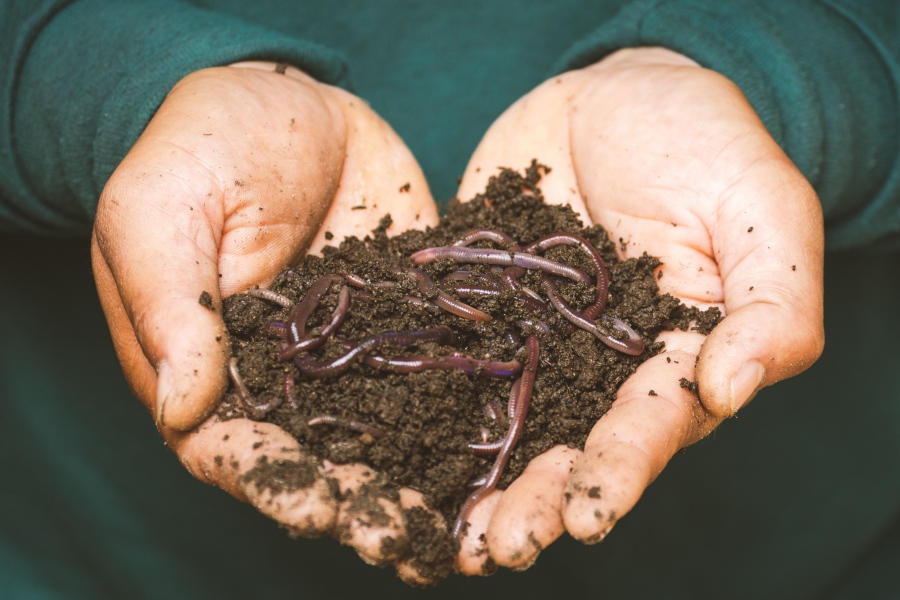10 Zero-Waste Tips For Eco-Friendly Gardening

Urban gardening is becoming more and more common, but with this influx of home gardens, comes a flock of new gardeners with limited information on how to do it effectively without creating lots of waste. We think we can help with this specific issue.
Introduction: What better way to control what you eat that growing it yourself? And the future of gardening is eco gardening. With the principles of eco gardening, it is a common thought in the horticultural community that gardening will save the world. Sure, plants of all sorts purify the air and you finally get to use your best mulching blades, but can it really improve our planet?
The short answer is it might. Let’s give it perspective. Growing your own food gives you control over the fertilizer, the pest control measures sexynude animeflix, and the germination of your fruits and vegetables. You can choose when to harvest and pull it from the ground the instant it is to be consumed, not days later like the produce at your local grocery store. So, it is very fresh.
Finding less caustic, more green-friendly ways to kill pests on your plants can have a ripple effect, not only in the environmental impact, but also the quality and taste of the food you grow. And it can be added to the water supply, giving you an efficient solution to your pest control desires.
Controlling the light and water through drip systems and solar lighting will limit the use of water and power, which limits how much has to be produced to make it and lowers your bills by a lot. Just the simple act of watering with a jug instead of with a hose is makes a big difference. And, ensuring your plants have plenty of sunlight will take away the need for UV lamps or florescent bulbs.
When you finally harvest, if eaten before it has gone bad, it doesn’t need to be discarded. This produces no waste, and since an unfortunate percentage of food is wasted every day, you are already making an impact. Also, by growing your own food, the growers have to produce less, which will also cut down on decaying fruits and veggies blanketing the landscape.
Decaying items emit carbon dioxide, contributing to greenhouse gases. Some of it can be composted, turned into fertilizer, which is recycling, but much of it cannot. Cutting down on decaying produce if done by enough people, can suspend the effects of global warming. Compost also attracts earthworms that aerate the soil, making things grow better.

Gardening naturally is a snap. It takes patience, some basic knowledge of botany and horticulture, and the desire to get your hands dirty. It can be not only good for the planet, but good for your mental health. The simple act of gardening carries with it a catharsis. You are helping things grow. You are creating new life. It’s pretty amazing.
Here are a few more ways to have a terrific garden, and create zero-waste:
Conclusion: You now know plenty of reasons why gardening is so good for the environment. We have spent decades destroying this planet with reckless abandon for stupid motivations like greed and power. So, perhaps, how gardening helps the environment is just that it means we care again. It means we are trying to reverse the damage. Making your garden more eco-friendly will not only give you access to useful organic food, but it will also help to support pollinators and other beneficial insects with nature itself. It is very important to take care of our environment by avoiding phosphorus-rich chemical fertilizers and pollutants like light pollution. Here’s hoping it isn’t too late. Do you do any zero-waste growing?
Bio: Archie was a builder for more than 40 years. Mainly after his retirement the enthusiastic electrical works in garden and writes for a blog Homemakerguide.com to keep himself occupied. His many years of experience can get you the right tool reviews whether it is a drill, welding machine or so. An impressive fact to note about him is that almost everything in his house is a representation of his skills made by his hands.
